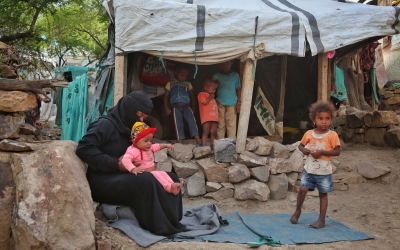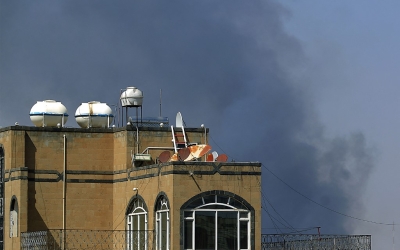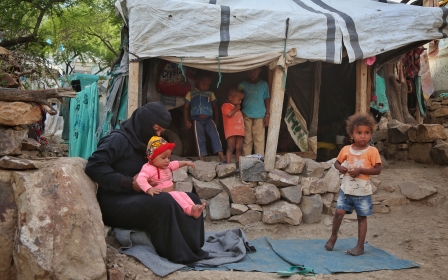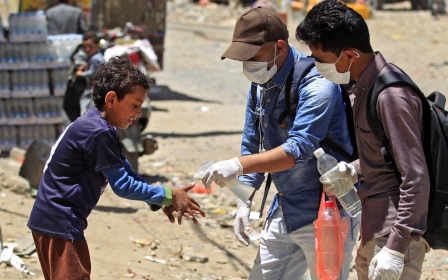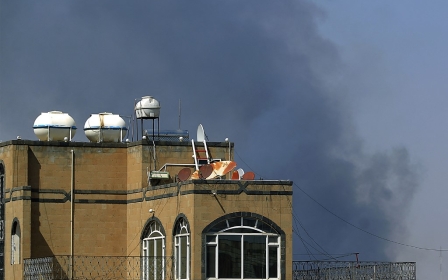Covid-19: Yemen receives first vaccines through Covax initiative
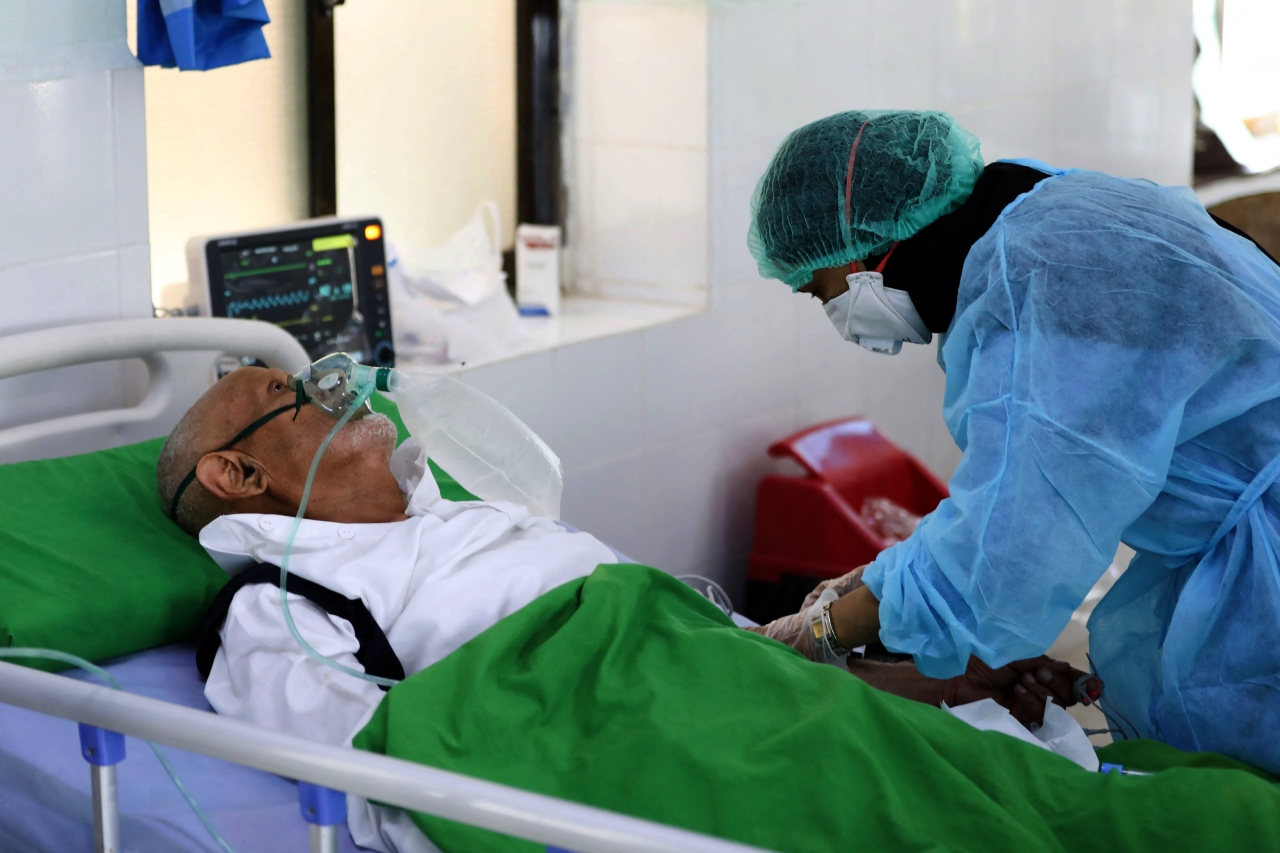
War-torn Yemen received the first shipment of Covid-19 vaccines on Wednesday, the UN children's agency said, a week after the country's coronavirus committee warned of a public health "emergency".
The AstraZeneca doses arrived in the southern port city of Aden, where the internationally recognised government is based after being routed from Sanaa in the north by Houthi rebels.
"Yemen received 360,000 Covid-19 vaccine doses shipped via the Covax facility," Unicef said in a statement, referring to the World Health Organisation (WHO)-backed scheme to provide jabs to countries in need.
"This first batch is part of 1.9 million doses that Yemen will initially receive throughout 2021," it added.
Patients at an isolation centre in the grounds of a hospital in Aden could be seem lying on temporary beds in tents next to oxygen cylinders, breathing heavily, on Wednesday.
"We need more staff, because the rise in cases is not normal. We are exhausted from work, exhausted," said Zainab al-Qaisi, a doctor and director of the centre, set up by the Red Cross last year, told Reuters.
"The centre is overwhelmed. We need oxygen, to expand intensive care across all provinces."
Last week, Yemen's coronavirus committee urged the government to declare a public health "state of emergency" amid a surge in infections
The Covax vaccines will be free, and distributed across the divided country, spokesman for the government's health ministry Ali al-Walidi confirmed last week, two days after it declared the health emergency in areas under its control.
Walidi also said more shots would arrive in May.
'Back of the queue'
Aid group Doctors Without Borders (MSF) said last week it has seen a dramatic influx of critically ill Covid-19 patients in various parts of the country, and that all aspects of the Covid-19 response were lacking.
"While some countries have successfully vaccinated half of their population, Yemen finds itself at the back of the queue," said MSF's Head of Mission in Yemen, Raphael Veicht.
Yemen has officially recorded more than 4,000 virus cases among its 30 million people, including 863 deaths.
However, Walidi said the true figures were likely much higher, a view shared by the UN and aid agencies.
The country's six-year war has restricted testing and reporting, with the Houthis, who control most large urban centres, having provided no figures since an initial few in May.
But numbers of confirmed cases have risen rapidly since mid-February, Reuters reported.
'This war has to end'
Saudi Arabia leads a western-backed military coalition that intervened in Yemen in 2015 to restore the government of President Abd Rabbuh Mansour Hadi, which was kicked out of power in the capital, Sanaa, by the Houthi rebels in 2014.
In December, the UN humanitarian office estimated a death toll of at least 233,000 deaths in the Yemen conflict, mostly civilians, including around 100,000 combat deaths.
The conflict is described by the UN as the worst humanitarian crisis in the world, with the majority of Yemenis dependent on aid and millions facing hunger.
Cuts in international aid to Yemen threaten widespread famine this year, aid agencies have warned.
In February, US President Joe Biden announced the end of US support for offensive operations by the Saudi-led coalition, in a major policy reversal from the previous administration that may alter the course of the conflict.
"This war has to end. And to underscore our commitment, we're ending all American support for offensive operations in the war in Yemen, including relevant arm sales," Biden said in his first major foreign policy speech.
Covax is co-led by the Gavi alliance, which secures vaccines for poor countries, the WHO, the Coalition for Epidemic Preparedness Innovations and Unicef.
"Yemen now has the capacity to protect those most at risk, including health workers, so that they can safely continue to provide life-saving interventions for children and families," said Philippe Duamelle, Unicef's representative in Yemen.
Middle East Eye delivers independent and unrivalled coverage and analysis of the Middle East, North Africa and beyond. To learn more about republishing this content and the associated fees, please fill out this form. More about MEE can be found here.


